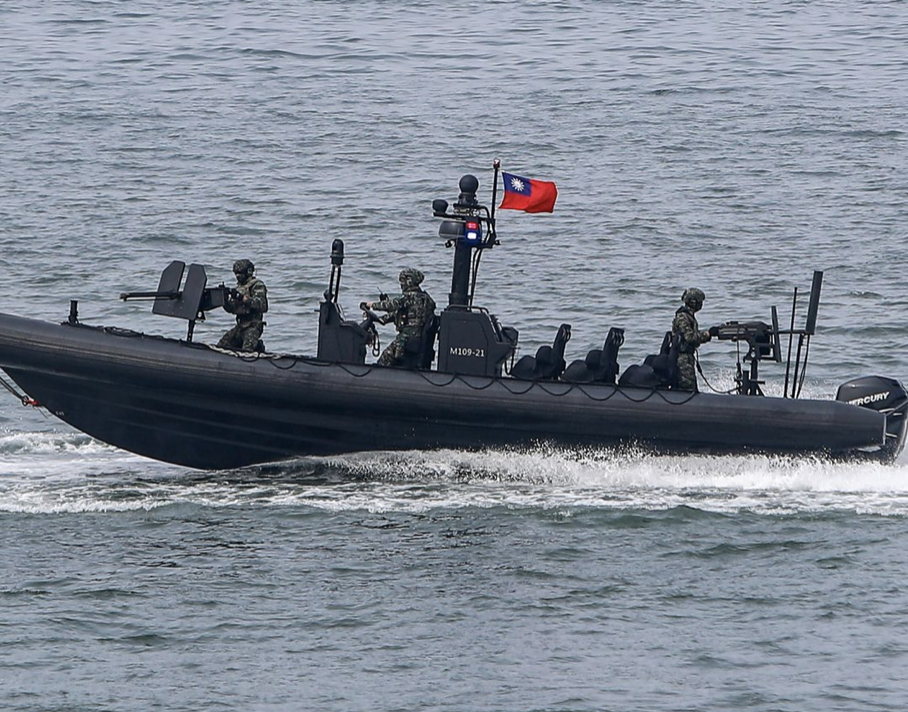By: The Editorial Board – wsj.com – March 22, 2023
The unclassified game asked Members to imagine the summer of 2025, as China mounts a naval and air assault across the Taiwan Strait. Retired U.S. Navy Rear Adm. Mark Montgomery, who helped run the game, tells us the U.S. had about 30 days of warning indications to move more forces into the Pacific. America had a few basic military options once the missiles started flying: Disrupt the invasion by attacking the Chinese fleet; launch attacks that include mainland China; or try to surround Chinese forces and choke them off.
Going after the Chinese fleet in the Strait did cramp Beijing’s ability to get ashore, but that is no guarantee the U.S. prevails in an ugly fight, which is sure to drag on longer than the week the GOP simulated. The costs would be enormous and include Gold Stars in windows across America. Adm. Montgomery said casualties could range from about 15 to 50 in every Congressional district in the U.S.—or roughly 5,000 to 20,000 Americans.
The damage would radiate beyond U.S. military losses: Other Members had to make tough decisions about, say, how to manage fallout in financial markets or which homeland infrastructure to protect. Some core lessons held across 36 possible scenarios. The U.S. needs more attack submarines and a hypersonic missile defense. The U.S. could run out of long-range antiship missiles in as little as a single day of fighting.
These results aren’t surprising and are consistent with other war games. But GOP conference chair Elise Stefanik, who organized the game, notes that Republicans on the national security committees are immersed in these subjects, “but not all Members” are privy to the same information, and part of the value was socializing the threat.
There are “meaningful things we can do in the 118th Congress to prevent Ukraine’s present from becoming Taiwan’s future,” says Rep. Mike Gallagher, who played U.S. national security adviser. Pre-positioning munitions in Taiwan; clearing a backlog in weapons deliveries; conducting more joint exercises with Taiwan and Japan; making sure money Congress authorizes ends up being appropriated: Republicans can accomplish all of this even without controlling the Senate and White House.
The hard part will be absorbing the lessons, especially as some Republicans want to cut U.S. military spending as part of a debt-ceiling kamikaze run. But a fight for Taiwan is both preventable and worth preventing. As Democrats starve defense to fund an entitlement state, the country is depending on the Republicans in the game room to prevent the next war.
To see this article and subscribe to others like it, choose to read more.
 Listen Online
Listen Online Watch Online
Watch Online Find a Station in Your Area
Find a Station in Your Area









 Listen Now
Listen Now Watch Online
Watch Online
